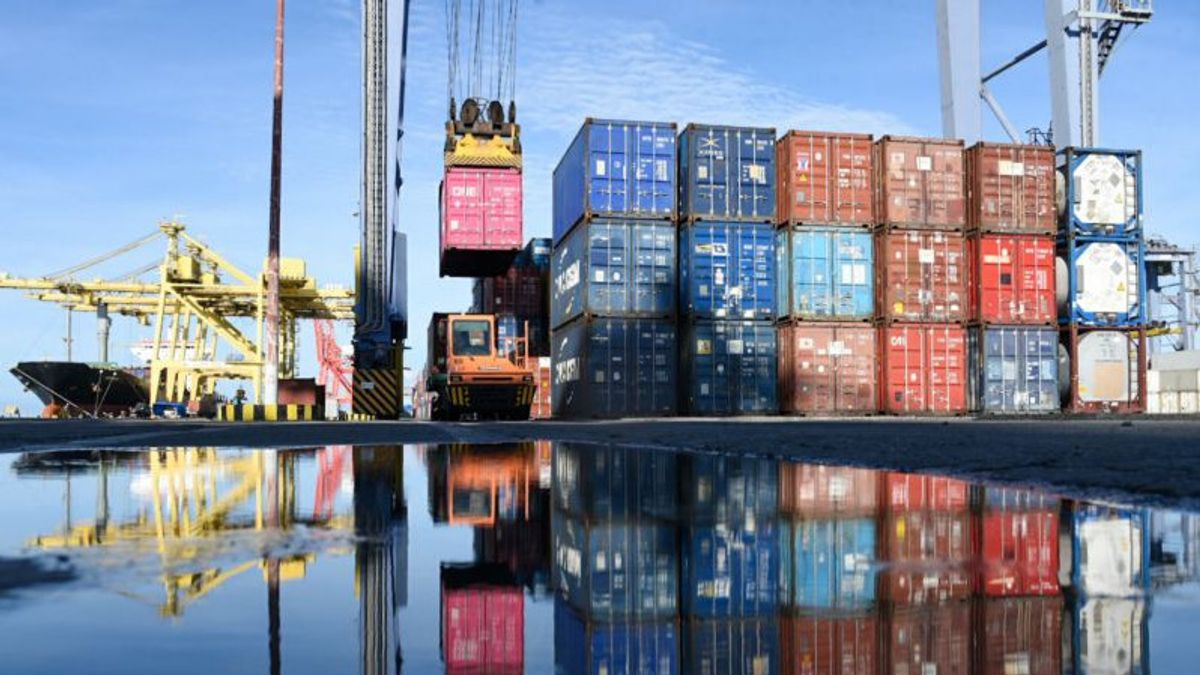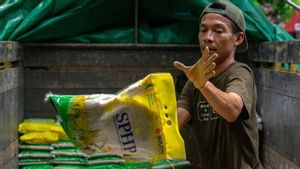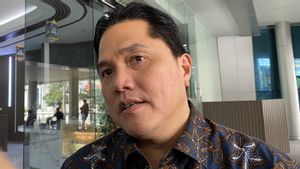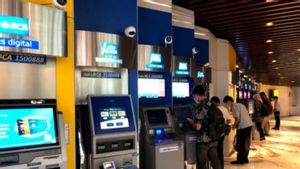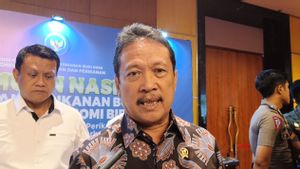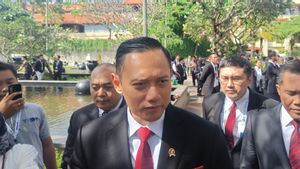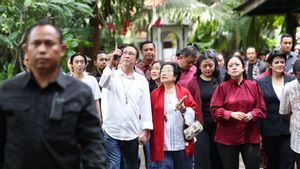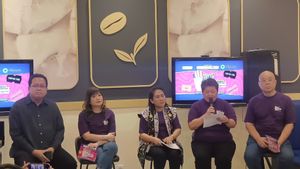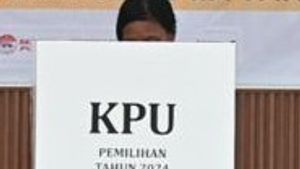JAKARTA - The Indonesian Employers' Association (Apindo) considers that the import policy regulated in the Regulation of the Minister of Trade (Permendag) Number 36 of 2023 concerning Import Policy and Regulation does not need to be postponed.
However, there is still a need for an evaluation of the policy, one of which does not prohibit raw materials that have not been and are not produced domestically. The regulation itself will take effect effectively in March 2024.
Apindo Chairman Shinta W. Kamdani said that his party was restless because the inappropriate limited ban based on industrial sectorals would cause supply chain disturbances in a number of domestic industries.
"We see that the local upstream (in some industries) industry has not been fully able to meet the needs of industrial raw materials, so it is still necessary to import the raw materials of these products," Shinta said in a written statement, Monday, February 19.
Shinta also appreciated the government in regulating import governance to increase the productivity of the intermediate and downstream industries. However, his party found a number of articles related to restrictions on importing raw materials and assistants with very limited domestic capacity in the upstream industry.
Therefore, he assessed that in a few points the HS Code of strategic policy needs to be revised to facilitate the import of raw materials or auxiliary materials.
"On the other hand, Apindo hopes that the regulation will be more straightforward and take firm action against law enforcement in terms of importing finished products that will illegally flood the Indonesian market. This has greatly sacrificed domestic products, such as clothing, shoes, furniture and other finished products which are the result of labor-intensive industries," he said.
Meanwhile, Apindo Trade Head Anne Patricia Sutanto hopes that Permendag Number 36 of 2023 will not make it difficult for the retailer sector to have official and accountable business activities. This is because the retail sector is a labor-intensive business sector as well.
According to him, the need for harmonization of the upstream, intermediate, downstream, and retail industries needs to be carried out following market dynamics.
That way, the competitiveness of domestic products is maintained and balanced with imported products.
"The assessment of the harmonization of supply chain needs to be done from time to time to avoid excessive inflation or flooding of imported products in the country. Permendag Number 36 of 2023 does not require delays in implementation, except for raw materials that have not been and are not produced in the country and if technical regulations have been well socialized," he said.
He also hopes that the policy has been socialized to all relevant stakeholders. Thus, there is no backlog on the supply chain routine in each sector that is affected.
In addition, he also encouraged the government so that the electronic system that became the platform of this rule was ready before its implementation. This is to ensure that all parties involved can smoothly carry out routine changes due to the new rules.
SEE ALSO:
"Because it is necessary at least 3 to 6 months after implementing regulations and implementation infrastructure, including the electronic system related to Permendag Number 36 of 2023, it is ready to accommodate all incoming licensing requests," he said.
The examples of imported commodities needed include:
- Industrial salt for the export production needs of the paper industry and food and beverage;
- Iron steel and its derivatives as raw materials and auxiliary materials as well as machine parts for what is needed in the manufacturing process, especially those that are not produced in Indonesia;
- Heavy vehicle tires as production auxiliary materials, especially the operation of heavy equipment in the mining and similar industries;
- Monoethylene Glycole (MEG) for the production needs of polymerization in the Filament Synthetics industry; and
- 12 HS Code of plastic raw material commodities that have been submitted to the government.
The English, Chinese, Japanese, Arabic, and French versions are automatically generated by the AI. So there may still be inaccuracies in translating, please always see Indonesian as our main language. (system supported by DigitalSiber.id)
